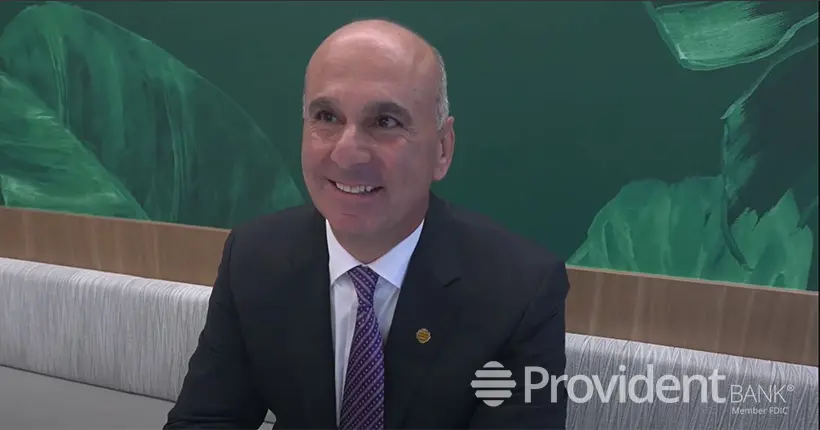
Please note our holiday hours: Friday, July 4, 2025 - Closed in observance of Independence Day. Online access to your account(s) will not be affected.


FDIC-Insured - Backed by the full faith and credit of the U.S. Government

FDIC-Insured - Backed by the full faith and credit of the U.S. Government
 VIEW ALL EDUCATION & INSIGHTS
VIEW ALL EDUCATION & INSIGHTS
May 01, 2015
How to "Spring Clean" Your Finances

Spring is finally here! It’s time to open up the windows, let in some fresh air, and de-clutter your house… and your finances.
If you don’t know where to begin, here are a few tips for those of you who want to “spring clean” your finances by applying the tried-and-true ‘Keep, Toss’ method:
KEEP
Your Budget – Even if you haven’t “used” it since you got married or moved into your new home, it is important to keep your budget handy and refer to it often. As one of your “spring cleaning” chores, take an honest look at your budget and find out what you need to adjust for 2015. If you still have a line item for your “cassette of the month club” subscription, you know it’s been too long.
Your Current Credit Report – According to the Federal Trade Commission (FTC), 5% of consumers have errors on their credit report that could hurt them financially. It is important to review your credit periodically so you can find and correct any mistakes. You can go to annualcreditreport.com up to three times a year to review and print your free credit report (once from each of the three federal credit bureaus). Create a file and update it once every four months with a new report (compare it to the others if you want) and make sure you’re in the clear.
More of Your Money – You just filed your taxes and you’re expecting a BIG refund. Congratulations, but wouldn’t it be better to have that “extra” money spread out through the year? If you got a promotion, bought a home, or had a child in the last few years but haven’t adjusted your tax withholding, you’re letting Uncle Sam borrow quite a bit from you at your expense. Talk to your tax advisor to see how much you should be taking out of each check for taxes, then you can decide what to do with the extra cash next month, not next year.
TOSS
Old Financial Records – It is tempting to think that every single financial document is important enough to keep forever, but that is not the case. Since the IRS can look back six years in case of an audit, it is recommended to keep most tax-related documents (donations, large item sales, stock transactions, retirement account records, etc) for seven years. Beyond that, most of your paper records, like credit card and bank statements, insurance paperwork, etc. can be tossed (better yet, shredded) after one year. Feel free to get rid of transaction receipts (ATM, withdrawal/deposit slips, canceled checks, etc) as soon as you confirm the bank has accurately recorded the information.
Bad (Financial) Habits – We all have financial habits we’d like to break: spending too much on our daily coffee fix, “forgetting” to bring lunch a few times a week, or succumbing to the “need” for a designer handbag, to name a few. To break one bad habit, you need to start a good one. If you find yourself spending “extra” money, think about setting up an automatic transfer from checking to savings each month. If the money’s not there to spend, it will be there when you need it.
However you decide to clean your finances, you’ll be much happier when you can enjoy the nicer weather with perhaps a few extra dollars in your pocket.








 Views
Views


 Views
Views

 Go Back
Go Back











